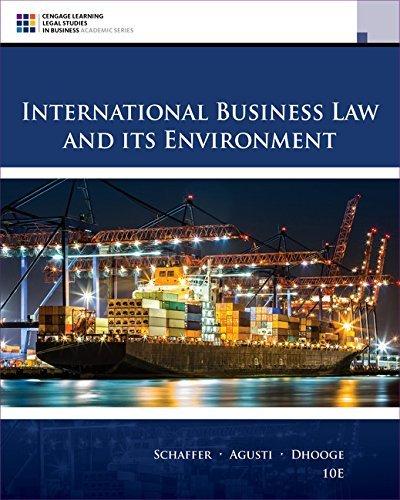Question
Deontological theories define right action in terms of: Selectone: a. the virtuous agent. b. moral rules. c. Gods will. d. theirconsequences. Nonconsequentialist theories of morality
Deontological theories define right action in terms of: Selectone: a. the virtuous agent. b. moral rules. c. God’s will. d. theirconsequences.
Nonconsequentialist theories of morality are based on a range offactors including the ends of our actions. Select one: TrueFalse
On Kant’s view, the ends can justify the means Select one: TrueFalse
A weakness of nonconsequentialists is that they try to avoidSelect one: a. paying taxes like the rest of us. b. the virtues inleading the good life. c. the duties that all human beings have. d.the consequences of their rules or acts.
For Kant, some moral rules exist for which there are noexceptions. Select one: True False
According to Kant, when is lying morally acceptable? Select one:a. when it can save an innocent person b. when it is for thegreater good of society c. when it doesn't harm anyone at all d.never
Step by Step Solution
There are 3 Steps involved in it
Step: 1
Deontological theories define right action in terms of Select one a the virtuous agent b moral rules ...
Get Instant Access to Expert-Tailored Solutions
See step-by-step solutions with expert insights and AI powered tools for academic success
Step: 2

Step: 3

Ace Your Homework with AI
Get the answers you need in no time with our AI-driven, step-by-step assistance
Get Started


